Egg prices appear to be on the decline, signaling a potential end to the months-long shortage that had consumers scrambling for affordable options, CNN reports.
According to the latest report from the US Department of Agriculture (USDA), wholesale egg prices dropped by 9% last week, bringing the cost down to $3.00 per dozen. While this is certainly a relief for many, there are still some hurdles to fully returning to pre-crisis pricing and availability.
The USDA report notes that supply at grocery stores has improved significantly in recent weeks, with shelves now stocked and no purchase limits in place. This marks a positive shift from earlier this year when prices reached an all-time high of $5.90 per dozen in February due to supply chain disruptions and the widespread avian flu outbreak.
Bernt Nelson, an economist at the American Farm Bureau Federation, attributes the price drop primarily to a sharp reduction in avian flu cases. While 30 million egg-laying birds were lost earlier in the year, the situation has improved. In March, only 2.1 million birds were affected by the flu, down from 23 million in January and nearly 13 million in February.
“America’s poultry farmers have put in the work to tighten biosecurity and they’ll continue to strive to protect their flocks,” Nelson said.
The drop in demand has also played a role in the price reduction. After months of paying elevated prices, many consumers slowed their egg purchases, giving suppliers a chance to restock and adjust production. Stew Leonard, Jr., owner of Stew Leonard’s grocery chain, shared that in December, eggs were selling for as much as $10 per dozen. However, prices are now averaging $5.99 per dozen in his stores, signaling a return to more reasonable prices.
Despite these improvements, the path to lower prices at grocery stores is not instant. The USDA report highlights that it can take weeks for changes in wholesale prices to translate into price reductions on store shelves. While prices are slowly declining, demand from egg product manufacturers remains modest as many have already stocked up on eggs through the spot market.
Additionally, some grocery chains, like Costco and Whole Foods, are still imposing limits on how many eggs customers can purchase. Costco has restricted purchases to three dozen per customer, despite having a well-stocked inventory.
President Donald Trump has recently taken credit for the drop in egg prices, citing the administration’s $1 billion investment in combating avian flu. The price decreases began after the USDA’s announcement of the plan to tackle the outbreak in late February.
However, while the prices may be falling, they remain historically high. According to the Consumer Price Index, egg prices increased by 10.4% from January to February and are still up 58.8% compared to the same time last year.
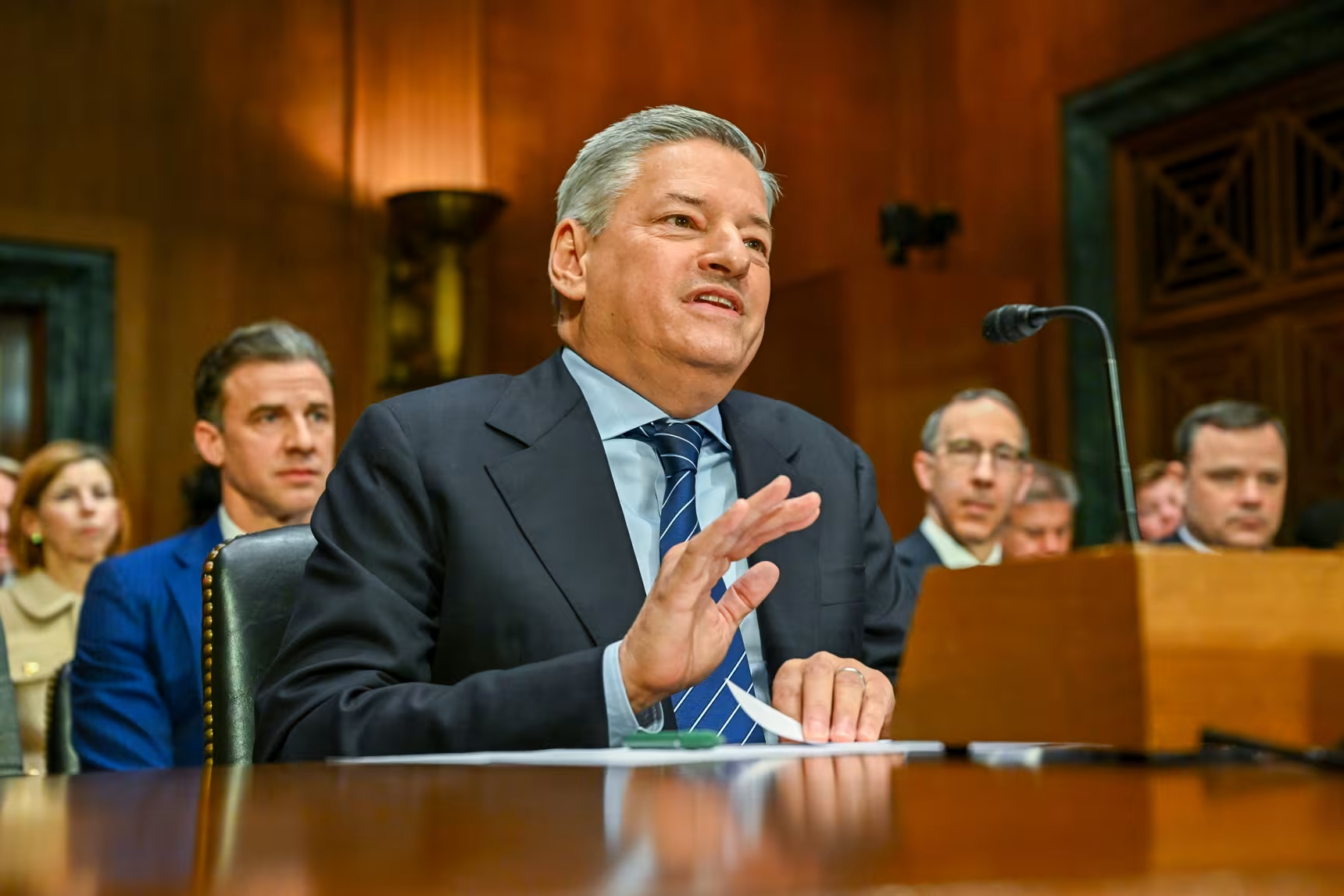

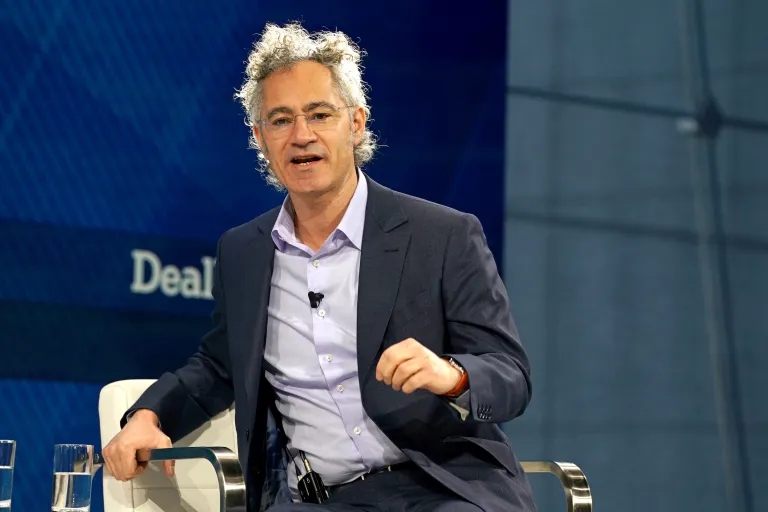
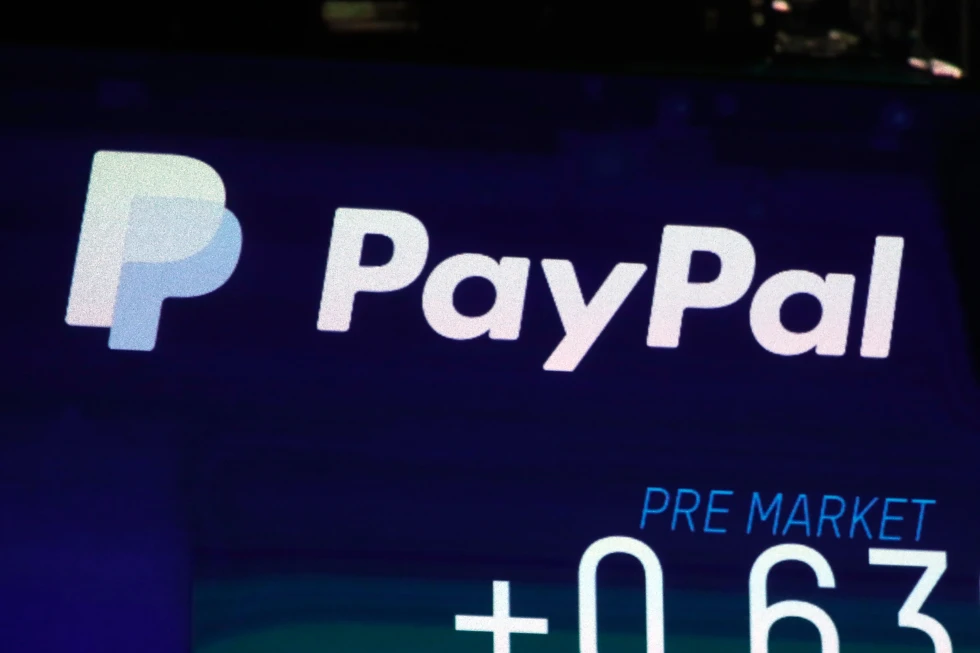
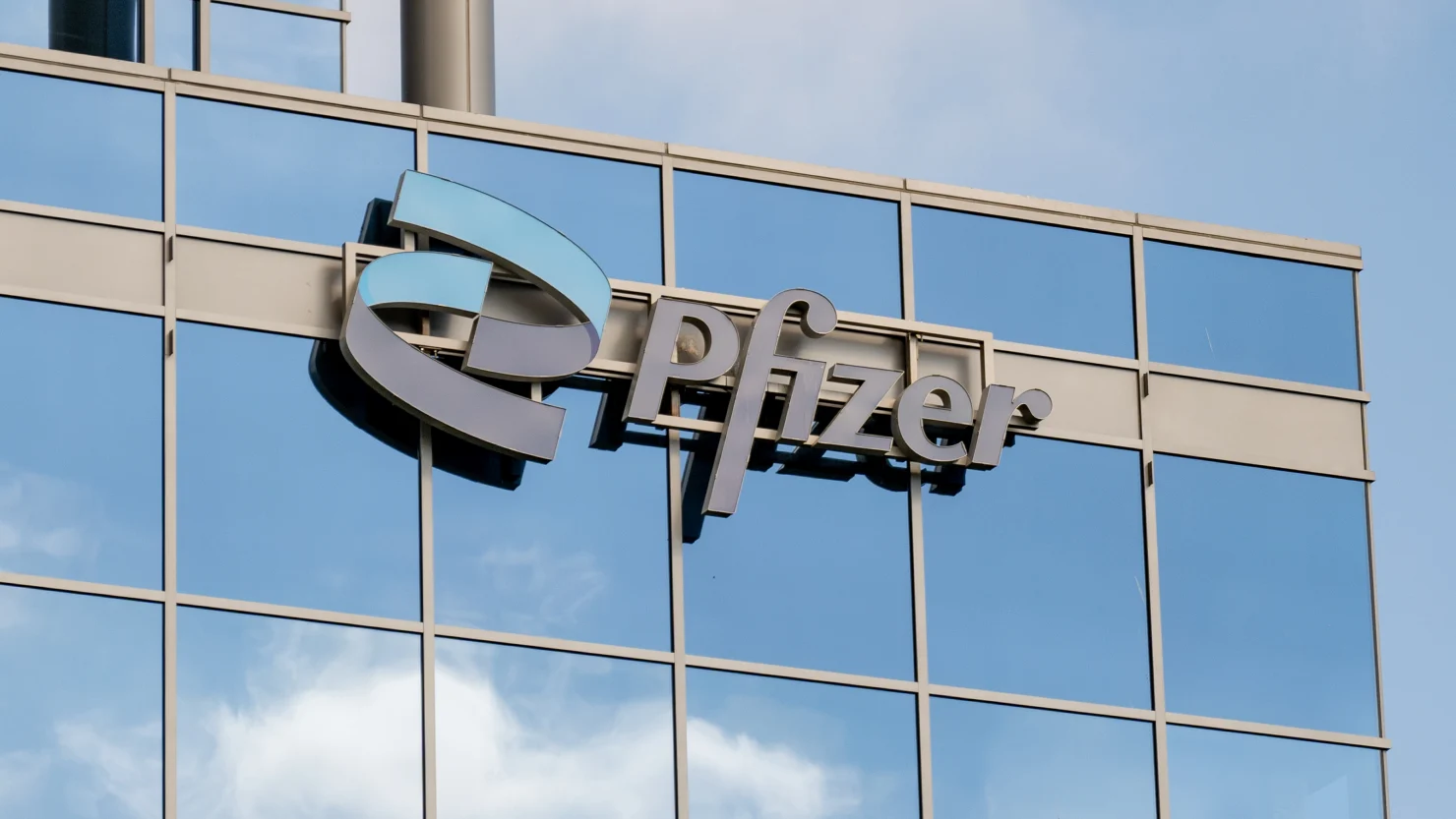
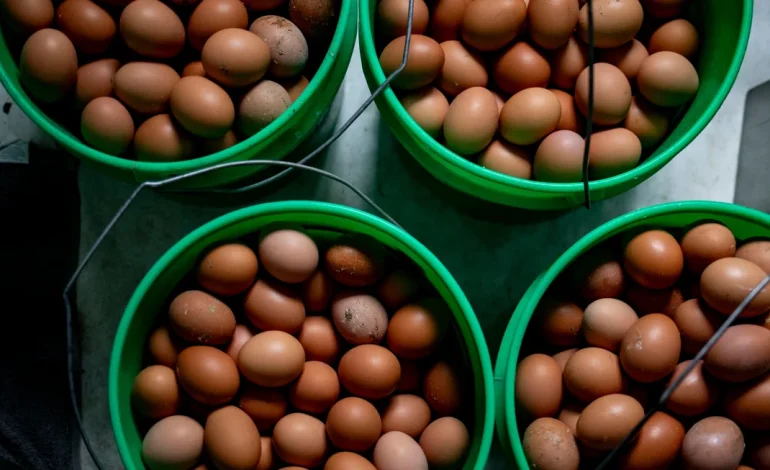




The latest news in your social feeds
Subscribe to our social media platforms to stay tuned